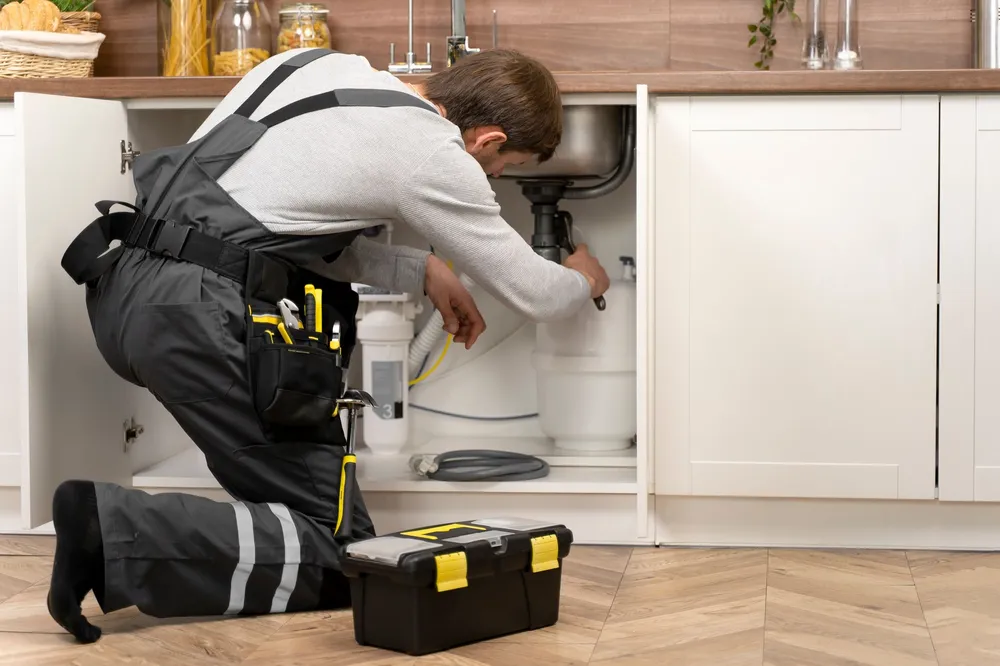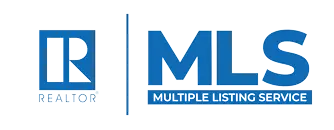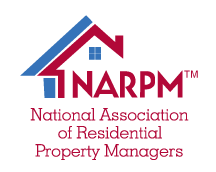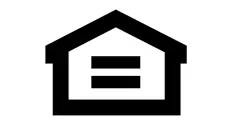Introduction
Owning and managing a rental property can be a rewarding investment, but it comes with a set of responsibilities that extend beyond collecting rent. One of the most crucial aspects of being a landlord is regular maintenance of your rental property. In this blog post, we'll explore the reasons why routine maintenance is essential for your rental property and how it can benefit both you and your tenants.
- Preservation of Property Value: Routine maintenance plays a vital role in preserving the long-term value of your rental property. Regular inspections and upkeep prevent minor issues from escalating into costly, major repairs. A well-maintained property is more likely to appreciate in value over time, ensuring a better return on your investment.
- Tenant Satisfaction: Happy tenants are more likely to stay for extended periods, reducing tenant turnover and the associated costs, such as vacancy periods and advertising expenses. Regular maintenance ensures that your tenants live in a safe, comfortable, and functional environment, increasing their overall satisfaction and likelihood to renew their lease.
- Legal Compliance: Landlords are responsible for ensuring their rental properties meet all local housing codes and regulations. Routine maintenance helps you stay in compliance with these laws, reducing the risk of legal issues or fines. Neglecting maintenance could result in costly legal battles or penalties.
- Energy Efficiency: Energy-efficient properties are not only environmentally responsible but also cost-effective for both you and your tenants. Regular maintenance includes tasks like servicing HVAC systems, sealing drafts, and replacing inefficient appliances. These measures can significantly lower utility costs and make your property more attractive to eco-conscious renters.
- Avoiding Costly Repairs: Small problems left unaddressed can escalate into expensive repairs. For example, a minor roof leak can lead to extensive water damage, requiring extensive and costly repairs. Routine maintenance allows you to catch and fix these issues early, saving you money in the long run.
- Enhanced Curb Appeal: A well-maintained property with excellent curb appeal attracts quality tenants more easily. It also allows you to charge higher rents, which can improve your rental property's profitability. A property that looks inviting from the outside is more likely to generate interest and maintain its value.
- Preventing Emergency Situations: Regular maintenance can help prevent emergencies like plumbing leaks, electrical issues, or heating system failures. These unexpected problems can disrupt your tenants' lives and result in costly emergency repairs. By proactively addressing maintenance tasks, you can reduce the likelihood of such disruptions.
- Improved Landlord-Tenant Relationships: A landlord who demonstrates care and responsibility by maintaining the property fosters a positive relationship with tenants. Tenants are more likely to communicate issues promptly, knowing that you are responsive to their needs. This open communication can help resolve problems before they become major concerns.
Conclusion
Routine maintenance is an essential aspect of successful property management for landlords. It not only protects your investment by preserving property value but also ensures tenant satisfaction, legal compliance, and cost savings in the long term. By investing time and resources into regular maintenance, you create a win-win situation where both you and your tenants benefit from a well-maintained, safe, and comfortable rental property. Prioritizing maintenance today can lead to higher returns and fewer headaches in the future.
Photo Credits: Freepik










